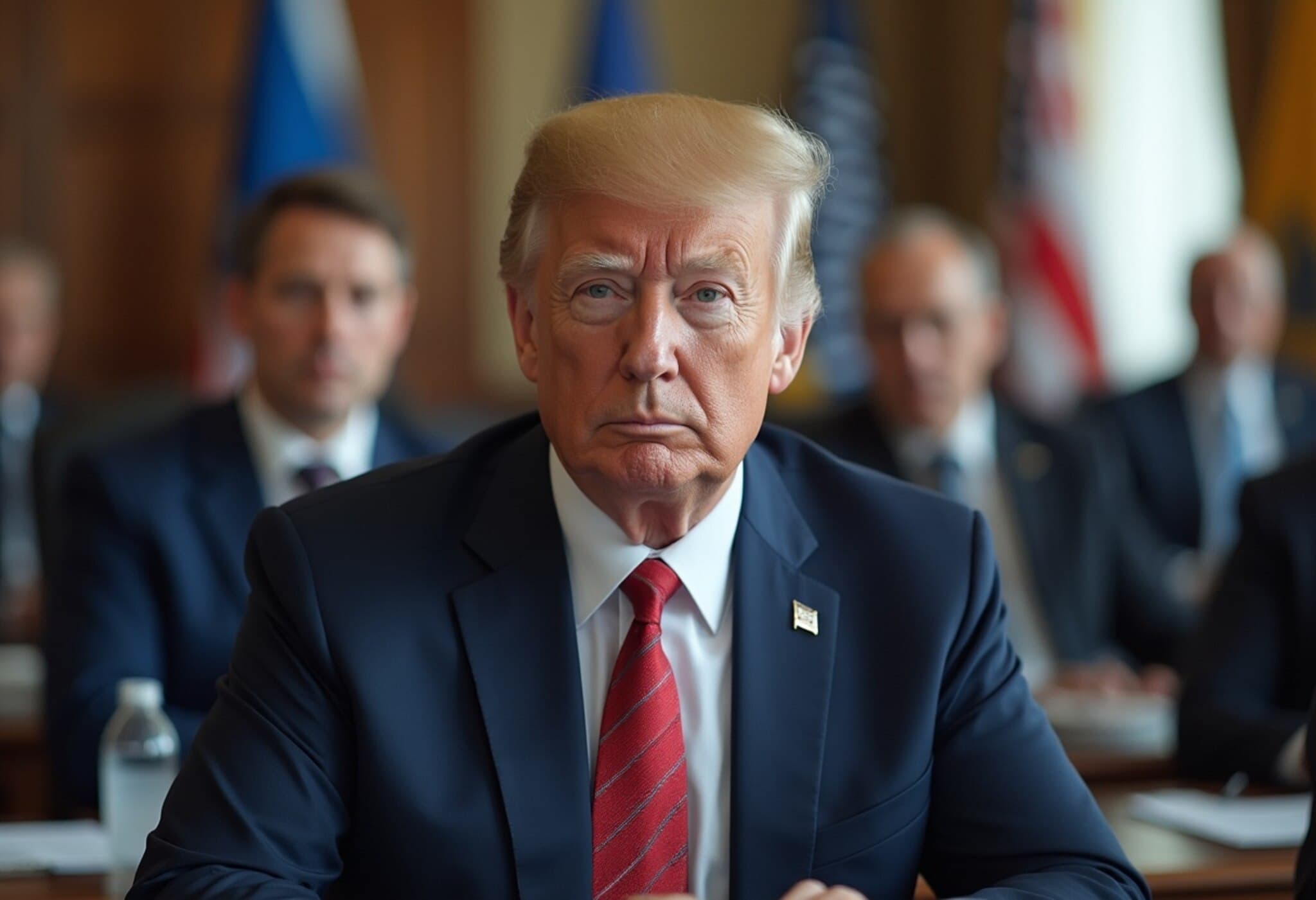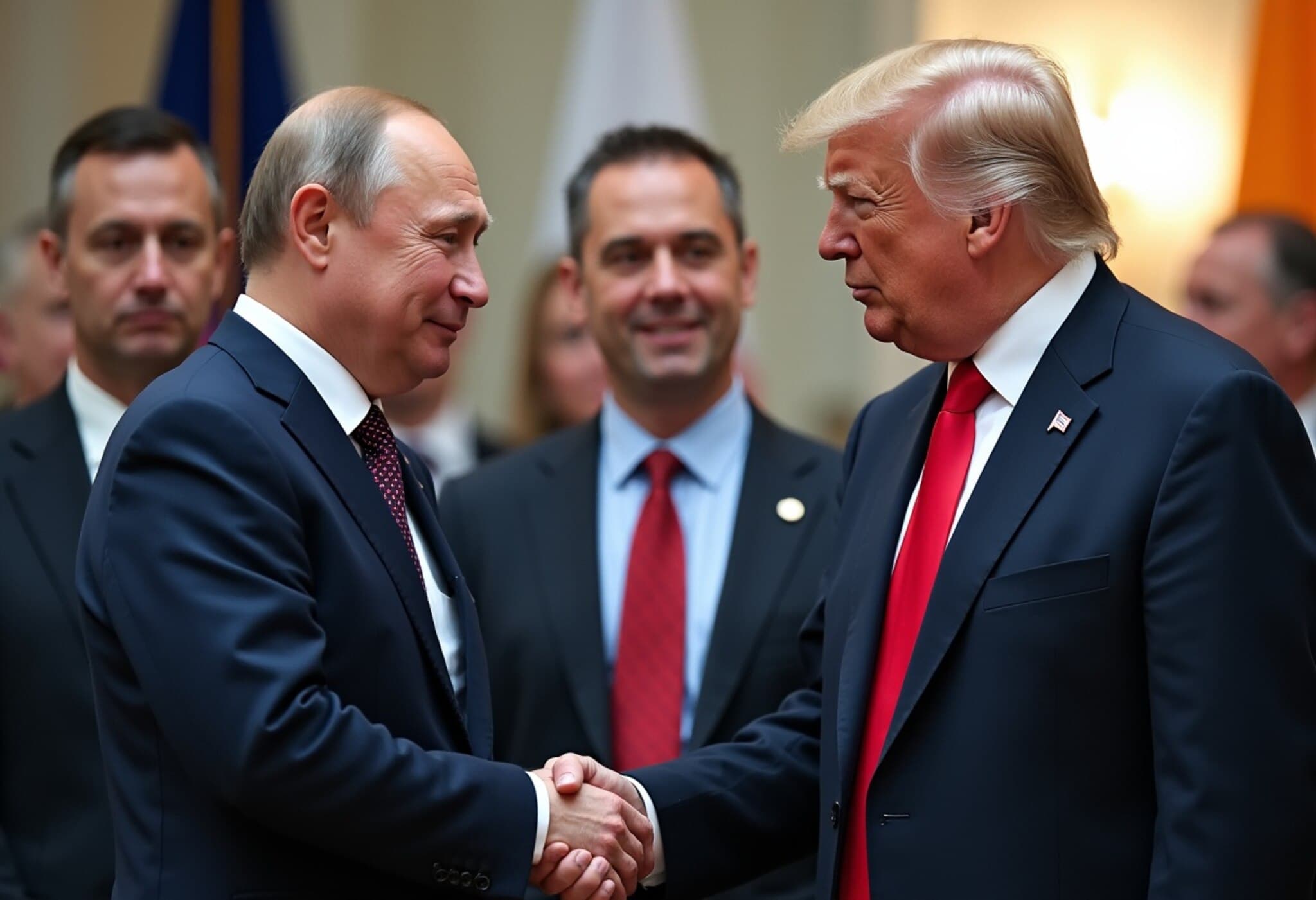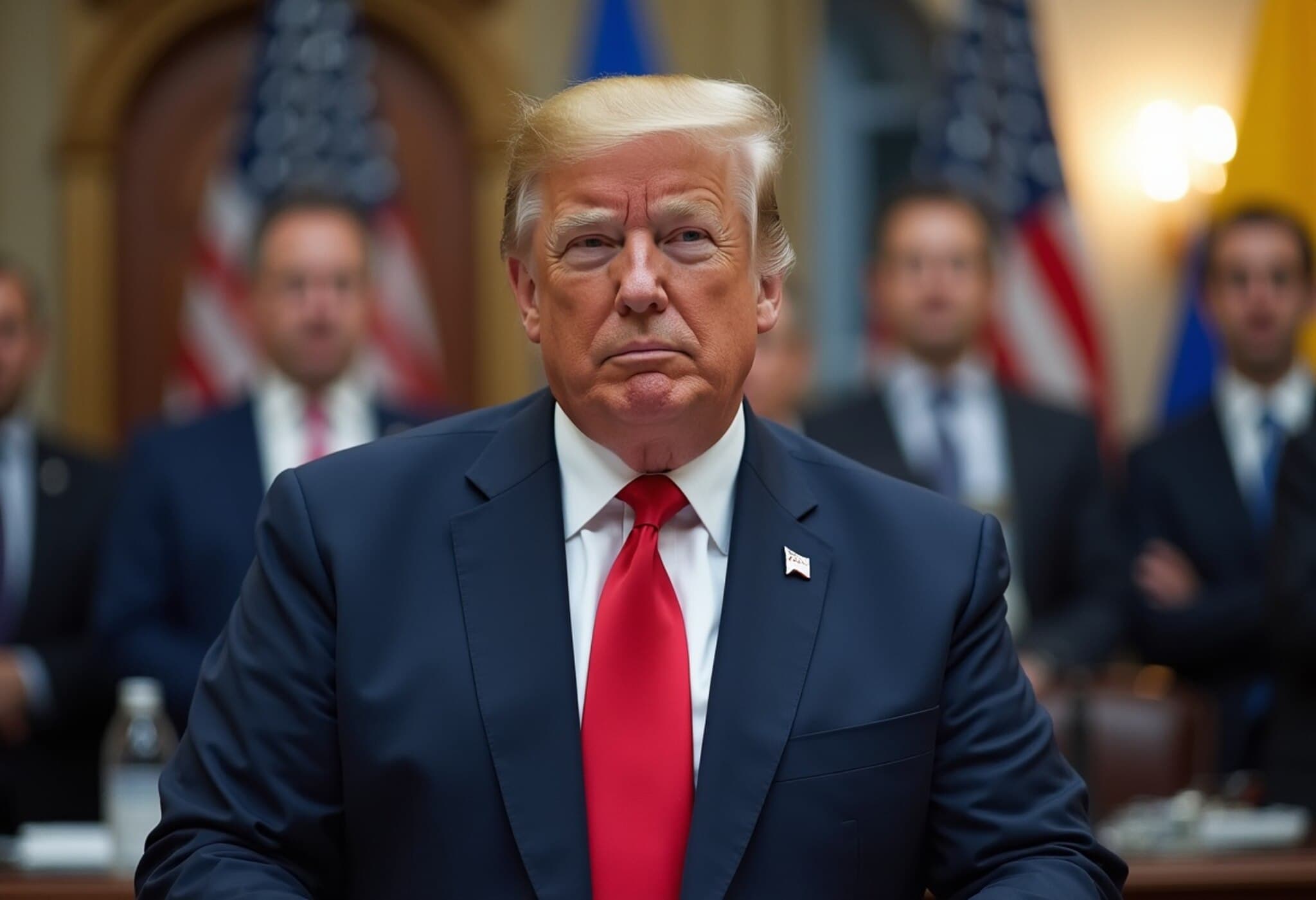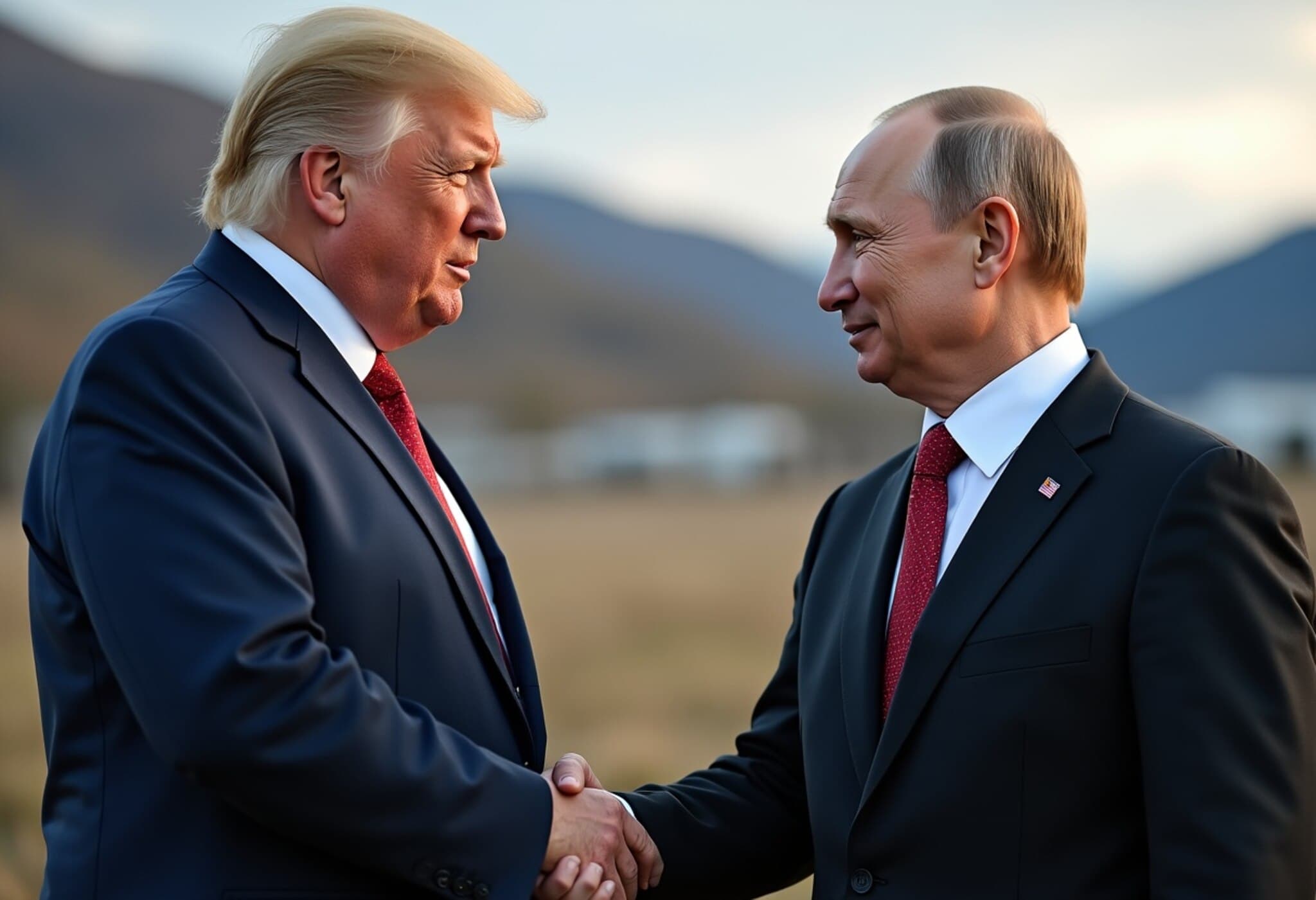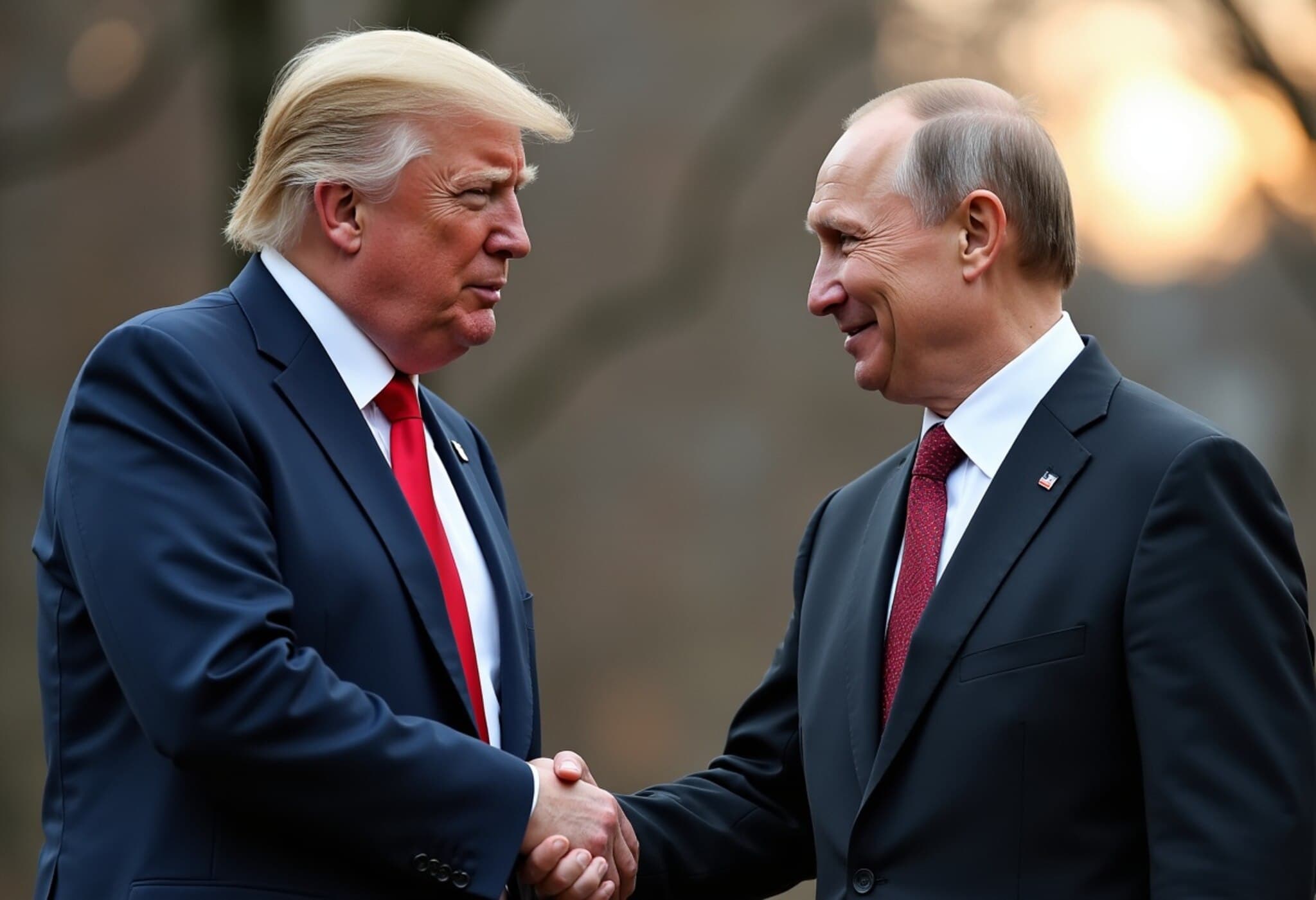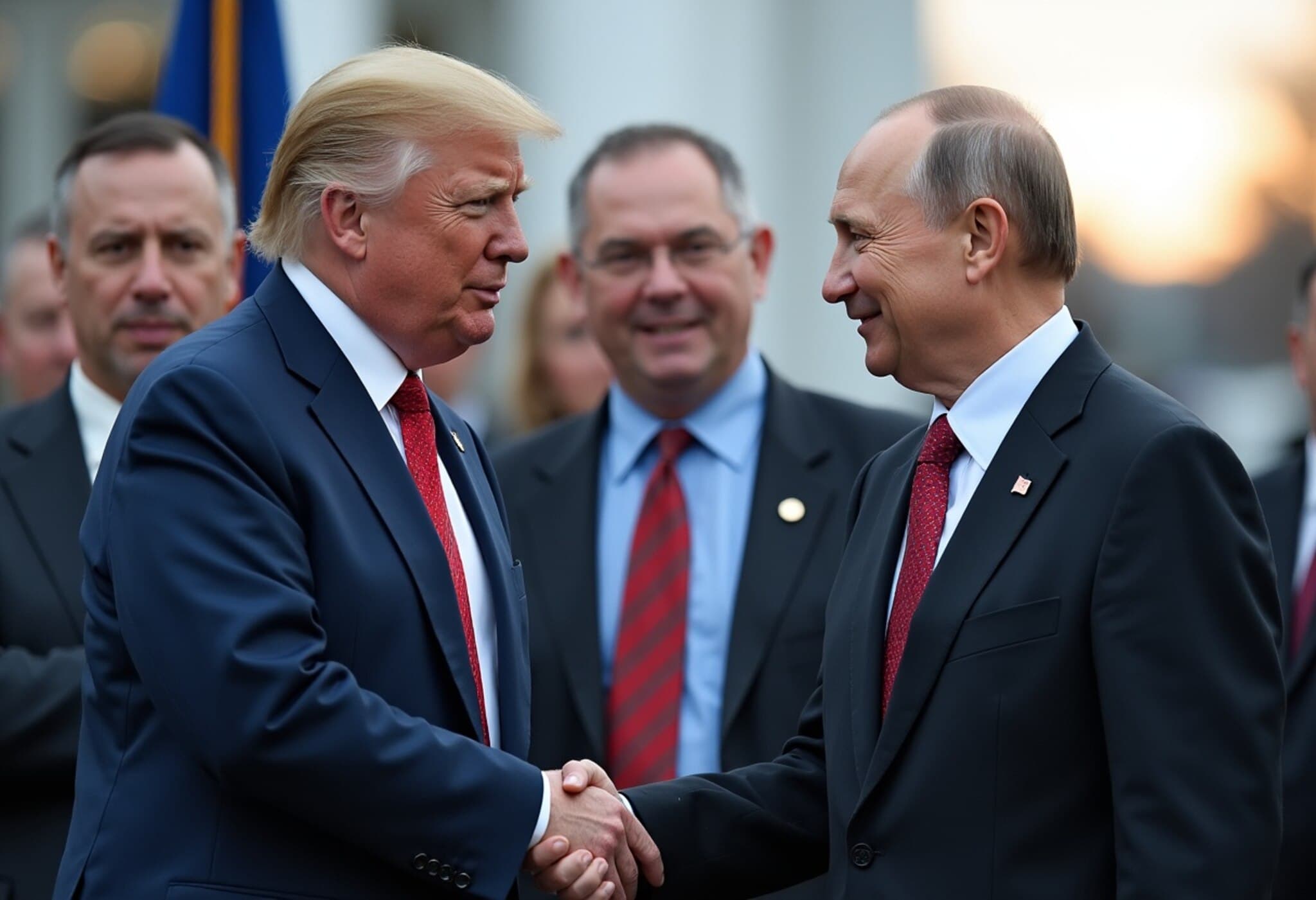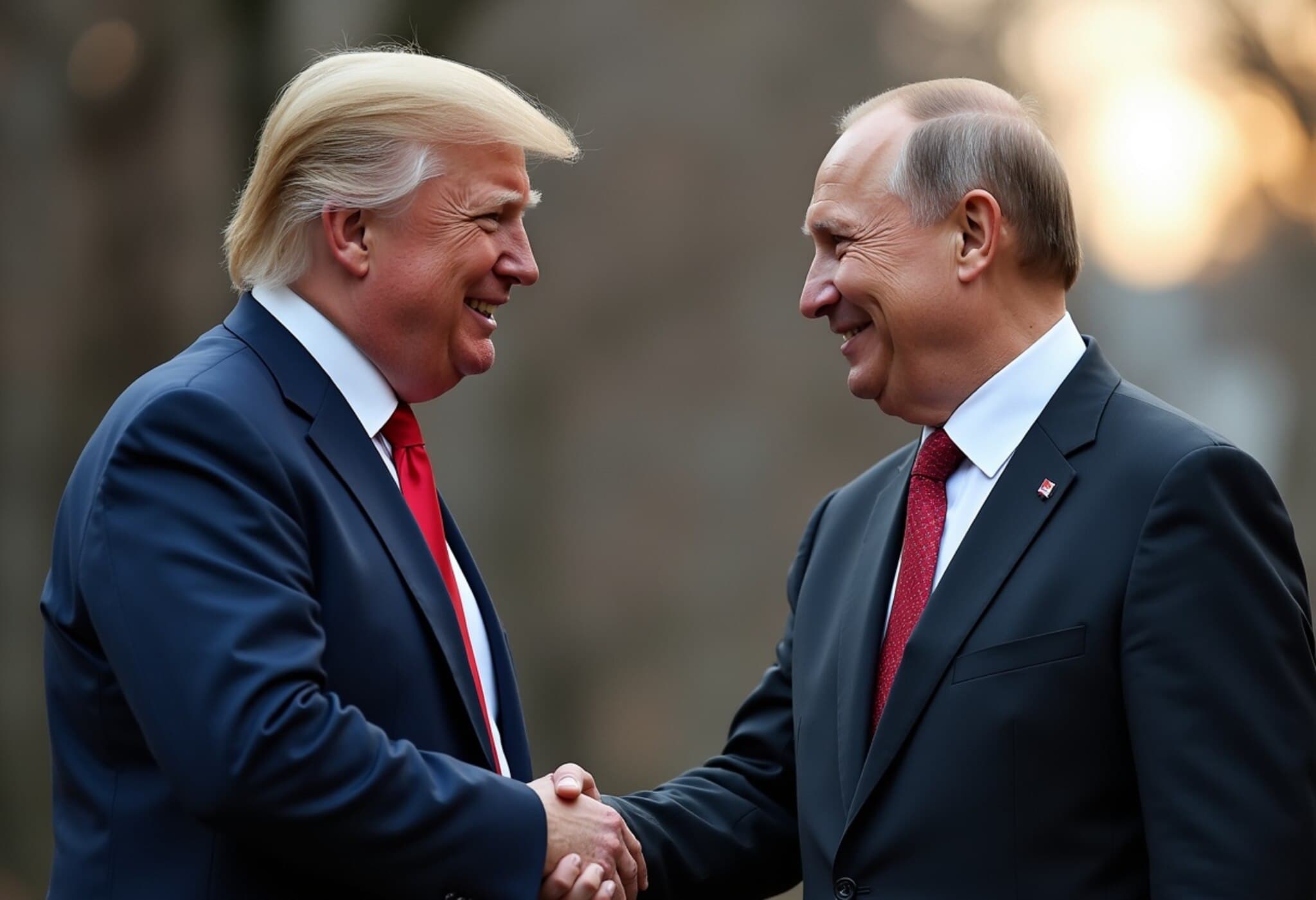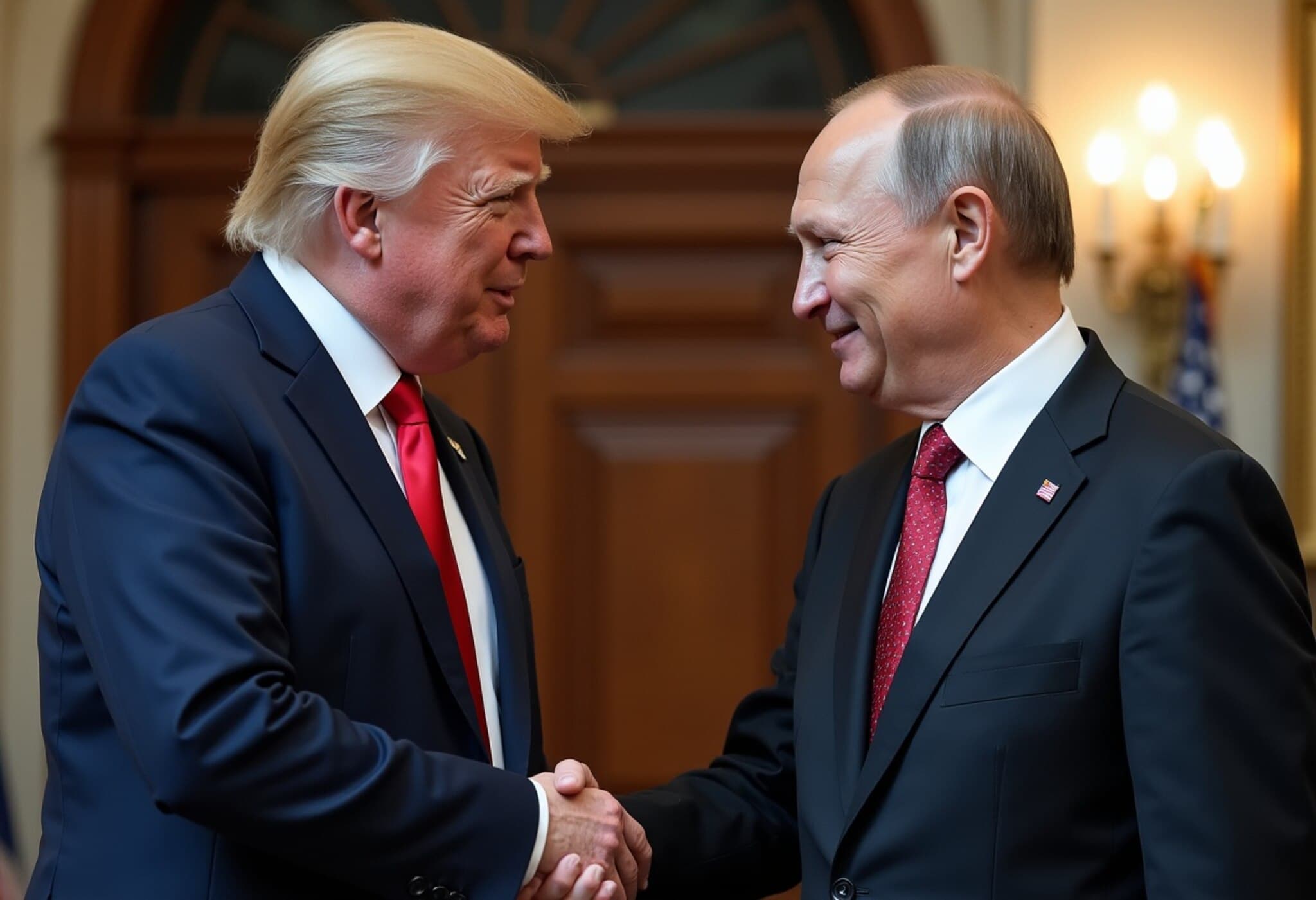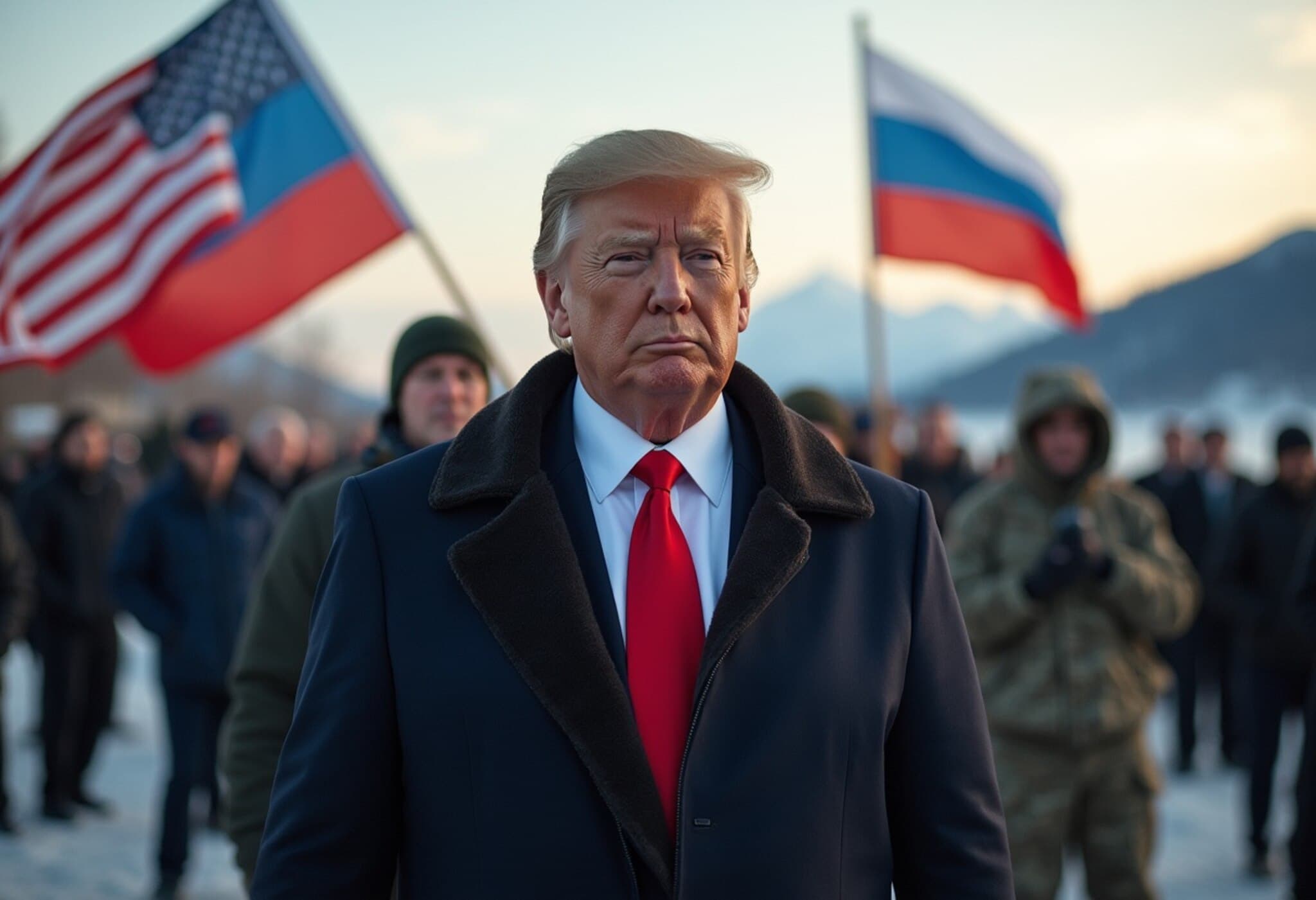European Leaders Convene Emergency Virtual Summit Ahead of Trump-Putin Talks
In a high-stakes diplomatic move, US President Donald Trump is set to participate in an emergency virtual summit alongside key European leaders and Ukrainian President Volodymyr Zelenskyy. The call, arranged by German Chancellor Friedrich Merz, underscores growing international urgency to foster peace amid the protracted conflict between Russia and Ukraine.
Strategic Timing Before Alaska Summit
The virtual summit, scheduled for Wednesday afternoon, comes just days before the much-anticipated Trump-Putin summit in Alaska. The discussions aim to align Western strategies ahead of these critical talks, with a focus on restoring peace in Ukraine and curbing Russian aggression.
Key Issues on the Agenda
The core topics include:
- Applying increased pressure on Moscow through coordinated sanctions and diplomatic initiatives.
- Clarifying the status of Ukrainian territories under Russian occupation.
- Ensuring robust security guarantees for Kyiv to deter future incursions.
- Outlining a mutually agreeable framework for peace negotiations and territorial discussions.
German Chancellor Friedrich Merz emphasized that any dialogue about territorial changes must be transparent and inclusive, asserting, "We cannot accept that territorial issues between Russia and America are discussed over the heads of Europeans and Ukrainians."
Consensus on Ceasefire: A Precondition for Talks
European leaders uniformly insist that Russian President Vladimir Putin must first commit to a ceasefire before engaging in any peace or territorial negotiations. This stance reflects a broader concern that without halting hostilities, diplomatic efforts risk legitimizing ongoing aggression.
Moreover, the leaders highlighted that any potential territorial adjustments would require Ukraine’s explicit consent, supported by credible security guarantees to protect Ukrainian sovereignty.
Trump’s Perspective and Diplomatic Outreach
President Trump confirmed his participation in the summit and expressed a desire to gather input from European partners and President Zelenskyy ahead of his meeting with Putin. While praising European leaders as "great people" committed to peace, Trump alluded to widespread fatigue over the war’s prolonged costs, stating many European nations are eager to shift focus back to domestic priorities.
In his candid remarks, Trump underscored his readiness to approach the Alaska summit with assertiveness: "I go into that thing fully loaded... and we’re going to see what happens."
Coordinated International Diplomacy
Alongside the virtual summit, high-level EU diplomats recently held strategic consultations with Ukraine’s Deputy Foreign Minister Andrii Sybiha to ensure a united Western stance. A joint statement from major European capitals and EU leadership reaffirmed the principle that "the path to peace in Ukraine cannot be decided without Ukraine."
President Zelenskyy himself has vehemently rejected any proposals for territorial concessions to Russia, warning they would only embolden further aggression. "Concessions do not persuade a killer," he remarked, echoing deep skepticism about Russia’s willingness to honor negotiated settlements.
Expert Insights: Balancing Pressure and Diplomacy
From a policy perspective, this coordinated diplomatic approach is critical. The demand that any resolution include Ukraine’s full participation reflects an adherence to international law and sovereignty principles. Experts note that sidelining Kyiv could undermine long-term stability in the region and send a dangerous signal about the inviolability of national borders.
Furthermore, calls for intensified sanctions on Russia’s financial institutions and trade partners indicate a strategic effort to increase leverage without escalating military tensions. However, critics caution that sustained unity among Western allies will be paramount, as divergences in priorities or willingness to impose costs could weaken the overall impact.
Looking Ahead: What to Watch
- The outcome of the Alaska summit between Trump and Putin, especially regarding ceasefire commitments.
- Responses from Moscow to the coordinated Western demands for security guarantees and involvement of Ukraine in negotiations.
- The durability of the Western alliance amid growing war fatigue and domestic pressures.
Editor’s Note
This emergency virtual summit marks a pivotal moment in the ongoing conflict in Ukraine, highlighting the intricate interplay of diplomacy, power politics, and the human cost of war. As Western leaders rally to present a united front, the insistence on a ceasefire before any negotiations signals both a moral and strategic commitment to protect Ukraine's sovereignty. Yet, the coming days will test whether this unity can translate into palpable progress or remains a temporary alignment of geopolitical interests.
Readers should watch closely how this dialogue influences the fragile balance between peace efforts and the realities on the ground — a balance that ultimately shapes not only Ukraine’s future but the broader stability of Europe.

